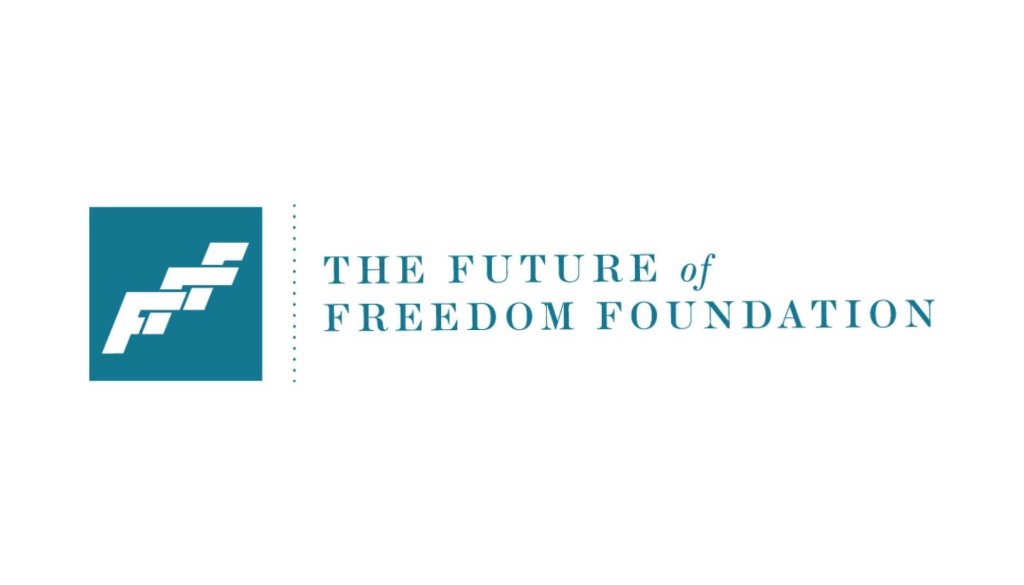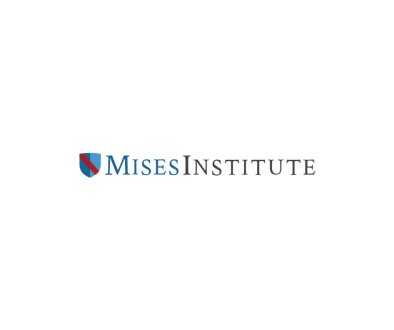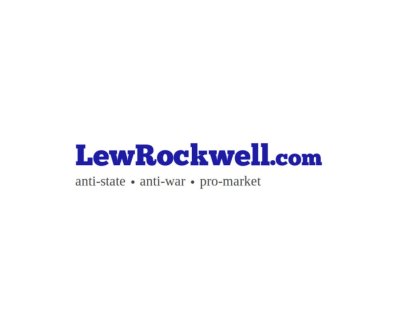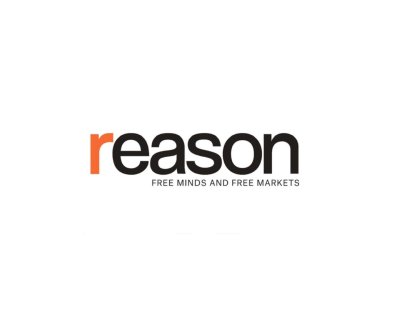The Impact of Pete Hegseth’s Big War Crime
NOTE: If you haven’t already done so, check out my new show “Trump Watch.”
******
During the Senate confirmation hearing for Pete Hegseth, President-elect Trump’s nominee for defense secretary, many points have been brought up to oppose his appointment, including his supposed defense of U.S. soldiers accused of war crimes in Iraq. Unfortunately, however, no one, including Hegseth, has brought up the biggest war crime of all — the U.S. invasion and occupation of Iraq, a war in which Hegseth himself participated as a U.S. soldier. That is something that America — including, I suspect, Hegseth himself — has yet to confront.
Iraq never attacked the United States. It was the United States that attacked Iraq. In the war between the U.S. and Iraq, the U.S. was the aggressor nation and Iraq was the defending nation. The U.S. had no moral or legal authority to attack Iraq. Iraqis had the moral and legal right to defend themselves from the U.S. aggressors, just as the United States had the moral and legal right to defend itself after Japan attacked the United States at Pearl Harbor.
Pete Hegseth. Licensed under the Creative Commons Attribution-Share Alike 2.0 Generic license.
That means that the U.S. government and its military-intelligence forces had no legitimate moral or legal authority to kill even one single Iraqi, much less capture, incarcerate, torture, or execute them. The U.S. army had no legitimate authority to even be in Iraq.
Every single Iraqi who they killed had a right to live. The U.S. government, operating through its armed forces, snuffed out that right with bullets, bombs, missiles, or other means.
The Iraqis who were tortured at Abu Ghraib prison had a right to live their lives free of that physical abuse.
Those Iraqis who were physically maimed had the right to live out their lives whole.
Those who lost their homes, businesses, livelihoods, or savings because of the poverty and mayhem produced by the U.S. invasion and occupation had their property taken from without any moral or legal justification.
It’s also worth pointing
Article from The Future of Freedom Foundation
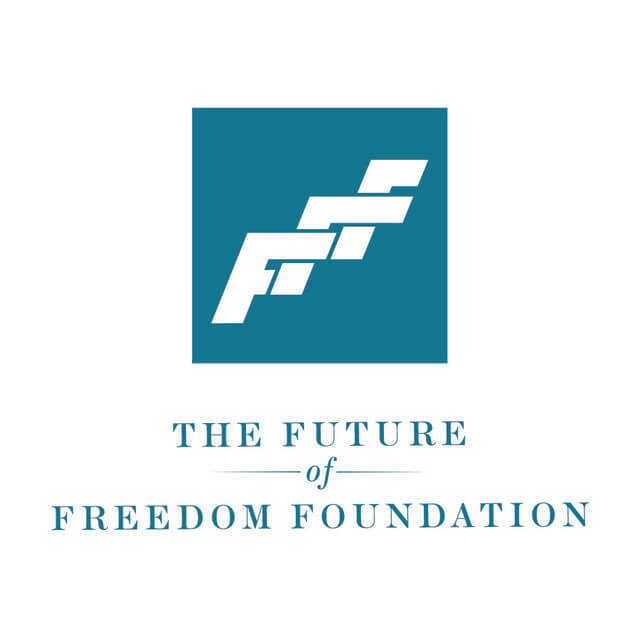
The Future of Freedom Foundation (FFF) is a leading voice in libertarian thought, tirelessly advocating for individual liberty, free markets, and limited government. Established in 1989, the FFF is more than just a think tank; it’s a hub for intellectual exploration and policy advocacy that draws on the classical liberal tradition and Austrian economics. Through insightful articles, videos, and events featuring top libertarian minds, the organization provides a robust critique of mainstream politics and policies, championing instead the principles that underlie a truly free society. For anyone seeking a principled stand for freedom and limited government, the Future of Freedom Foundation serves as an invaluable resource and an inspiring beacon.

